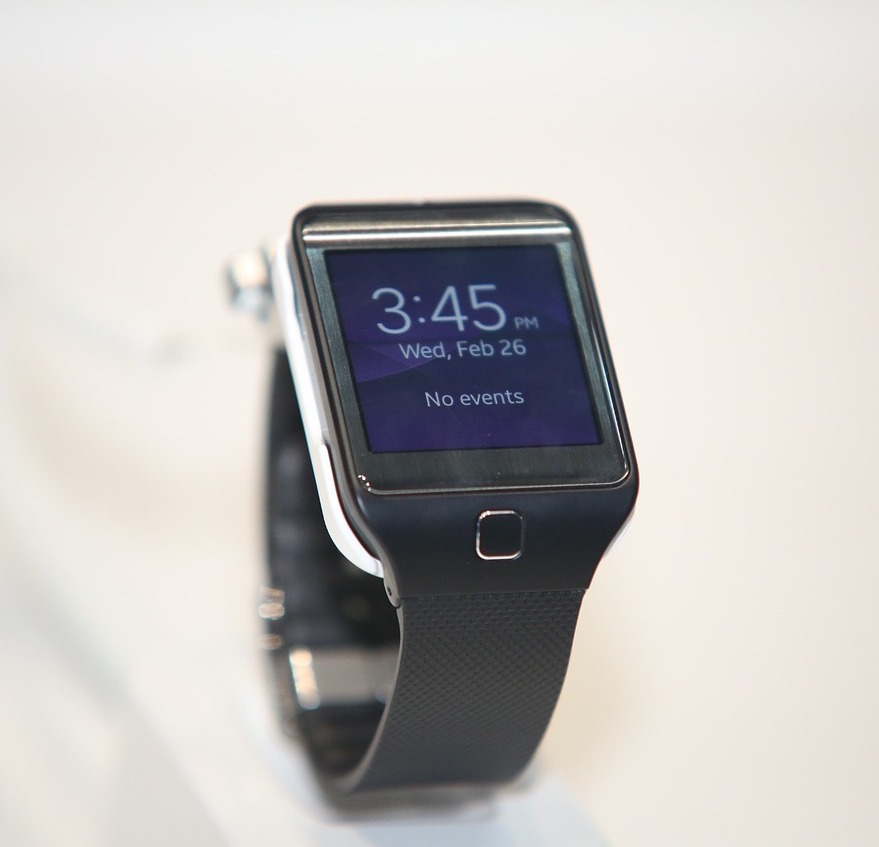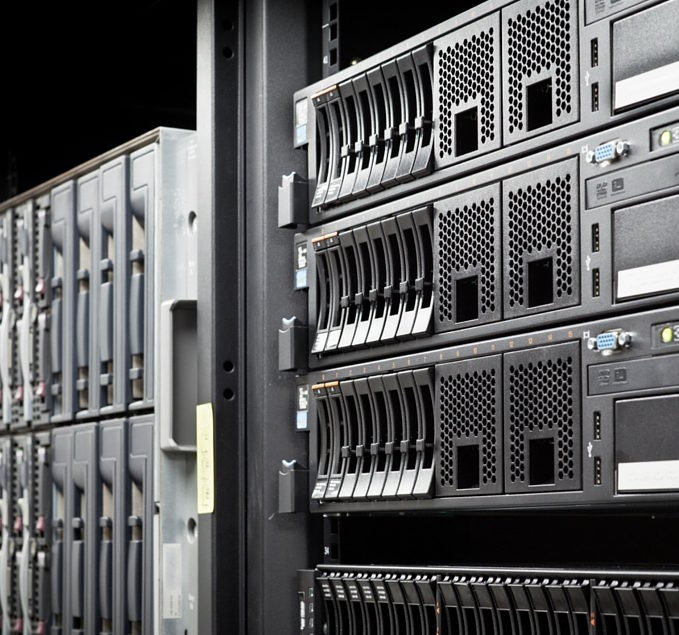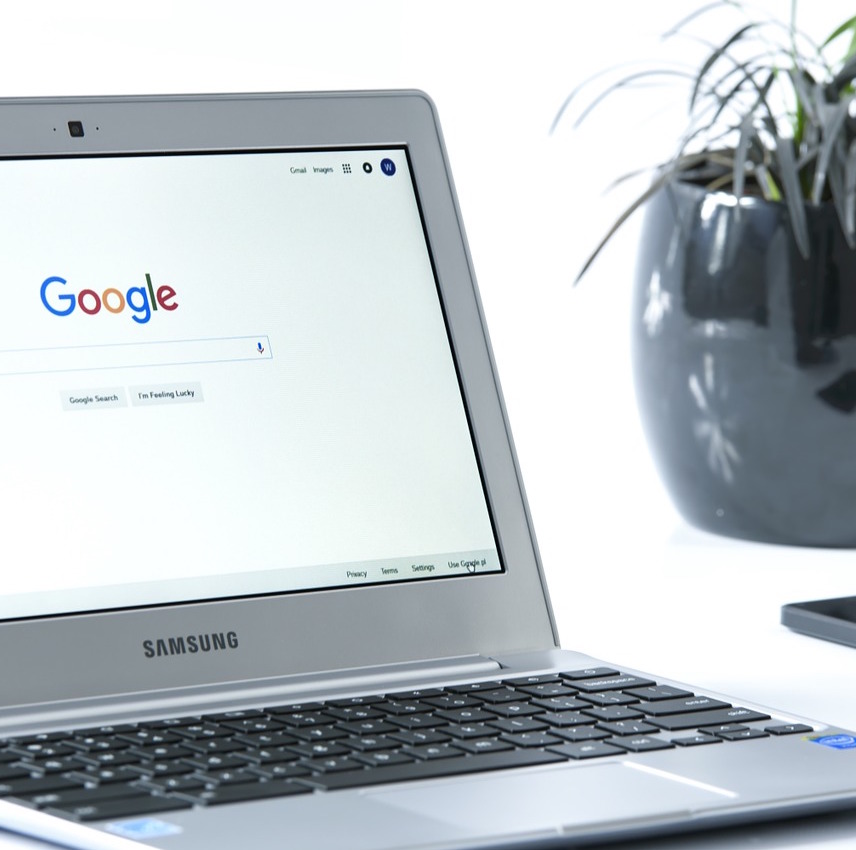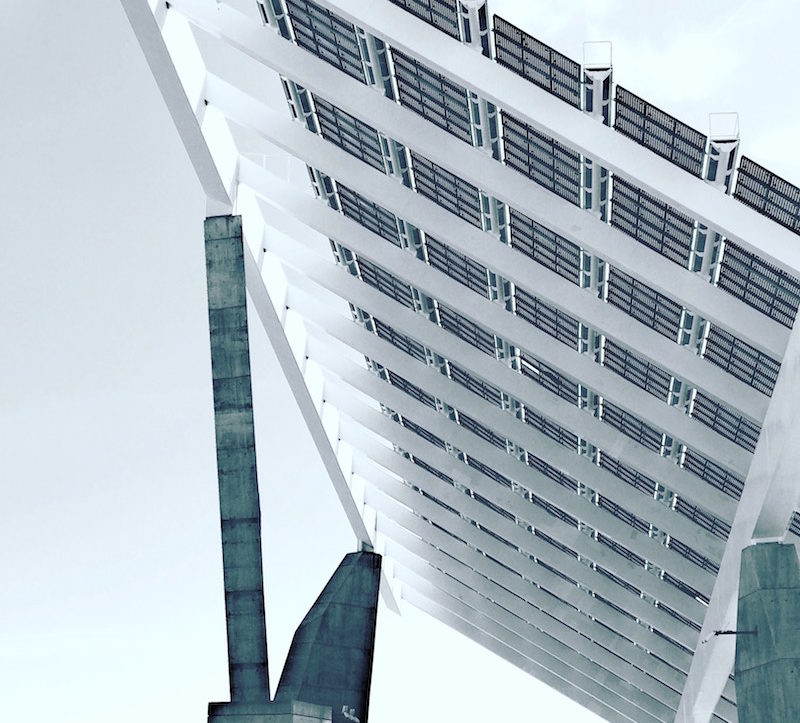We are not only committed to providing industry leading services for the technology in your world, but we also
IoT
What does IoT mean?
IoT stands for ‘Internet of Things.’ Silly name, right? Odd, but suitably fitting. It is just as the name implies – your devices that have any kind of wireless capability powered from The Cloud. Some examples may be: wearable devices such as your Apple watch or Fitbit, home electronics that can be controlled remotely through a phone app such as a ‘smart’ thermostat, lighting controls, and home security systems.
Businesses can use a variety of IoT devices on a grander scale, including HVAC systems, industrial controllers, and backup-power generators.
There are many new devices and many more to come that are using the power of the Internet to streamline the high-tech lifestyle. Watch for the term ‘smart’ in reference to this kind of technology.
Handy as they may be, for businesses especially these devices and the IoT can pose a security risk. Learn more from our Tech Expert about IoT security risks and how to safeguard your business.

The Cloud
What is The Cloud?
‘The Cloud’ is an adopted term that gives us a slightly misleading word picture. No, I am afraid your photos and data files are not floating around in the sky on a divinely secured celestial body of air, though that would be cool if they were. The name for The Cloud actually comes from the original sketches that referenced the Internet. It was always depicted as a cloud because it was the easiest way for developers to explain the concept.
Your ‘Cloud’ today is actually a composite of (massive) highly secured server farms located around the country. The location of which are rarely disclosed for obvious security purposes. They are generally located in areas at very low risk for natural disasters, and are protected by superior levels of physical and virtual security. Right here on Earth.
The services you use or subscribe to (generally with some type of membership or fee, Verizon, Apple iCloud, Dropbox, etc.) hold your data for you in their set of ‘Cloud’ servers. The benefit of which is that you can then ideally access your information from any computer. In addition the Cloud servers are more secure than your personal computer which is susceptible to a data crash, damage, etc.
Some larger companies such as Amazon.com likely have their own server farm just to support their high traffic e-commerce and streaming services.

SEO
What does SEO mean?
SEO stands for Search Engine Optimization. These are tricks of trade for web developers who have learned the secret ‘code’ to getting websites to rank high in search results when keywords or terms are searched in google or other search engines. Ok, let me try that again: When you search in google, anything at all – such as “what do elephants eat?” you will get a list of search results. Those results are ‘ranked’ from top to bottom based on relevance, which in turn is based on what websites have the best built in key words and phrases that match your search criteria + several other analytics we aren’t privy to.
SEO now goes beyond websites, and is no longer reserved for developers alone. SEO tactics can be learned by anyone and built into ‘homemade’ websites, and even work on certain social media platforms as well. We are experiencing a booming entrepreneurial workforce and many are taking advantage of the new SEO knowledge readily available to those who seek it out.

Distributed Energy
What is distributed Energy or Distributed Power?
Distributed Energy refers to the integration of alternative energy/power methods to help ‘stabilize and support’ an areas main utility power supply (traditional energy supply, aka the grid). This could be a small size community, a campus, or large facility such as a hospital.
Alternative power sources may include: wind energy, battery supply, solar energy, and backup power generators. Several energy sources such as wind and solar energies can be conserved and stored.
Even the power produced from your EV car can be used to reduce energy consumption from your main utility source during peak hours.

Business Continuity / Disaster Recovery Plan
What is Business Continuity?
Business Continuity is a strategic plan set in place to ensure that under any number of circumstances or hardships, be it pitfalls in the economy, natural disasters, etc. a business with a plan set in place to ‘weather the storm’ will be able to survive during the strenuous period and come through in tact on the other side.

